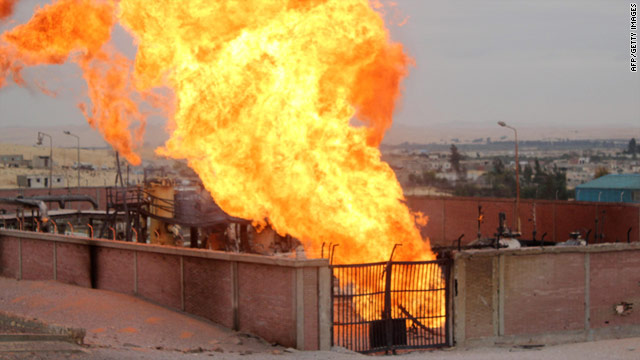Myanmar’s military declared a one-year state of emergency, on Monday, and arrested the country’s civilian leader Aung San Suu Kyi, as well as President Win Myint and other senior officials.
The take-over follows days of tensions over the results of the parliamentary elections held in the country in November 2020.
The Myanmar army said that it will hand over power to the winning party in free and fair elections, while the country’s ruling party, led by State Counsellor Aung San Suu Kyi, called for resistance to the coup and any return to a “military dictatorship”.
In a statement, the country’s army said that the Commander-in-Chief of the Armed Forces, Senior General Min Aung Hlaing, pledged to practice the true pluralistic democracy system fairly.
The statement did not set a date for elections, but according to an earlier statement by the military, the state of emergency it imposed would last for a year.
“The voter lists which were used during the multi-party general election, which was held on 8 November were found to have huge discrepancies, and the Union Election Commission (UEC) failed to settle this matter,” the military statement said.
It added that “there was terrible fraud in the voter list during the democratic general election”, and that the army declared “the state of emergency … in accordance with Article 417 of the 2008 constitution”.
The declaration of the military coup came on the first day of the Myanmar Parliament’s convening after the November elections.
Meanwhile, Suu Kyi called for resistance against the coup. The National League for Democracy (NLD) party, which she leads, called on the people to oppose the army’s takeover of power and not allow the return of military dictatorship.
The party said, in a statement, that the army’s actions were illegal, and marginalised the will of the people and the constitution.
United Nations (UN) Secretary-General Antonio Guterres strongly condemned the military coup and the detention of civilian leaders. In a statement, Guterres expressed grave concern about the situation in Myanmar, saying that “these developments represent a serious blow to democratic reforms in Myanmar”.
China, India, Malaysia, the UK and the European Union (EU) have also expressed concerns regarding the situation in Myanmar.

